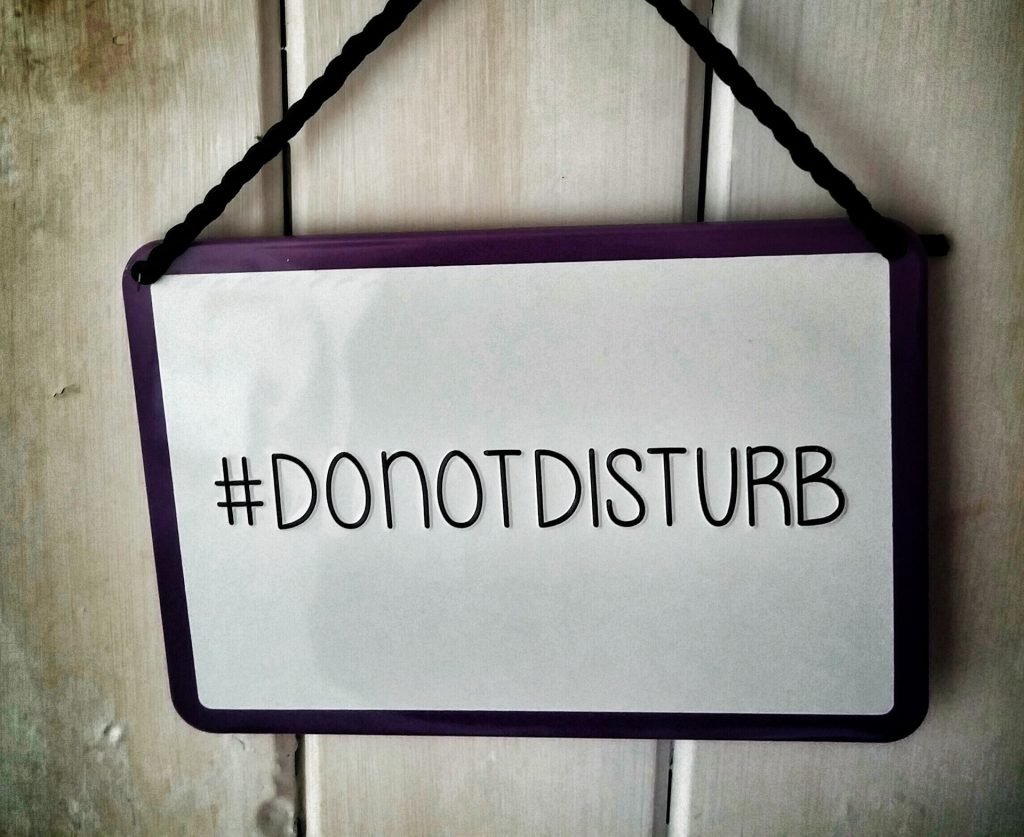
As an indie developer, it’s all too easy to get off track with a project, especially when it’s something that you do in addition to your normal day job. It’s even harder when you’re not making any money currently on your game. So you let the days go by, and that turns into weeks then into months. A half year later and you realize you haven’t made any progress on the game at all. It’s demotivating. Even the most talented developers can fall into this trap. If you want to prevent your awesome game from collecting virtual dust in the back of your hard drive the best thing you can do keep a schedule.
Wait, Seriously?
Yes. I know. The advice isn’t earth-shattering. It’s common sense and probably something you’ve heard a hundred times before. Heck, maybe you’ve even tried a schedule and somewhere along the way it just fell apart. Or maybe you’re one of those amazing people who doesn’t need one to stay productive. If you’re the latter, then I envy you.
For the rest of us, creating a schedule might take the ‘fun’ out of game development. In the past, I figured I would just work on a project when I had a flash of inspiration. Unfortunately, this meant I’d often go months without touching the game because I wasn’t ‘inspired.’
It’s interesting that I fell into this trap with game development. As a freelance writer, I’ve always been excellent at meeting deadlines and working consistently. But for whatever reason, this habit didn’t transfer over, that is until recently when it hit me. Game development is just like any other creative pursuit. To make progress and improve you need to put in the work…every day. And as any good author would tell you, the best way to finish a book is to glue your butt to the chair and just write. The only way to do this is to set aside some time during the day to focus entirely on your work. Some of the best writers focus on word count or pages rather than the amount of time writing.
As I’ve come to discover, it’s the same with game development. If you want to get something done, you need to put in daily effort. It sounds easy enough, but it’s much harder in practice.
How Will this Help?
Besides moving your project forward, setting up a schedule allows you to focus entirely on one task at a time. Forget about multitasking. Sure, it might be necessary sometimes, but overall we’re less efficient and more prone to errors when we try to concentrate on too many things at once (there’s a cognitive cost if you switch tasks too often). Carving out blocks of time where you can focus on each task will help you be more productive and combat stress as you’ll be able to finish up more work than before.
Besides this, you’ll be more mentally prepared for game development when you create and stick to a schedule. You know exactly when you need to start working on your game at least 15 minutes beforehand so you can prepare accordingly, whether that means cleaning off our workspace, making some snacks and drinks or just removing all distractions.
Okay So About This Scheduling
A lot of us are resistant to schedules. I know I am. I hate having to follow a routine and have this idea that I’m better when I have unstructured time to work. While in some cases it might be true, for the most part we humans actually crave routine. It’s one of the reasons we end up picking so many bad habits. They become a part of our lives because we keep repeating them. There’s a comfort in routine and breaking it takes a lot of willpower. Luckily, you can use this part of human nature to your advantage with scheduling.
Okay, so how do you actually stick to your schedule? Maybe you’ve already tried it a bunch of times but it just never stuck. You bought all the planners and tried different tricks, but somehow you just fall off the wagon. So what’s happening? Are you just not meant for routine?
Create a List of Essential Daily Activities

What do you have to do everyday? For must of us that’s getting ready for work, commuting, working, commuting home, eating dinner, etc. Put all of this into your calendar and add in some buffer time for each one. If it usually takes you 30 minutes to get to work, list it as 45 minutes or even an hour in case you run into bad traffic. The same can be said for your day job. While most might be 9-5, there’s always the possibility that projects will keep you in work longer. Fill in the time slots generously so that you have a good idea of time allocation.
Add in Activities You Need to Do
This is where you add in game development, exercise, personal hygiene, shopping and chores. It will probably be the longest list, but it’s also the most flexible in terms of timing. In order to find the best time slot for your game development you need to know your habits and quirks. If you’re not a morning person, scheduling in game development for 5 AM might not be the best idea. With that said if you work in the morning, you probably shouldn’t schedule it for 1 AM. You need to find a good balance that works for you and allows you to also get in the other essentials.
When scheduling, make sure you honestly assess how much time each item takes and then schedule in some additional buffer time between the end of your task to the next in case it runs over. Make sure you also account for travel time. You might only spend an hour at the gym, but if it takes your 30 minutes to get there, that’s an hour you’ve lost due to travel time.
Schedule Time for Relaxation
You can’t be in go mode all day. Mental exhaustion is real and if you don’t give your brain time to rest, you’ll be burnt out in no time. Whenever you have some spare time, book that time for self-care. This might mean catching up on the latest episode of your favorite TV show, playing a game or hanging out with some friends. Even if you can’t find an hour for fun, try and squeeze in 10-15 minutes to practice mindfulness.
No, mindfulness is not just some woo-woo hippie word. In essence, it’s a way for you to clear your mind of distracting thoughts and focus your awareness on the present moment. You don’t need any special equipment to practice. All it takes is some time and space for practice. How do you do it? Simple! Just observe the present moment as it is without any judgement. Take notice of the sounds, sights and even the way your body is reacting. When thoughts bubble up in your mind acknowledge them and then let them roll by. The more you practice the more benefits you’ll notice such as better attention, less stress and better memory.
Take an Honest Look at Your Schedule
You can’t fit 100 activities into one day, no matter how much you try. If your schedule is packed, you might need to alternate the days you complete specific tasks. This might mean you do game development Monday, Wednesday Friday or maybe even just Saturday and Sunday and that’s okay. So long as you make progress and stick to your schedule you’ll still see forward movement. However, if every day is jam packed, you might need to honestly assess everything on your plate. This might mean dropping some activities, at least for the time being. It can be a hard call which task to drop, but ultimately you’ll be much happier with a little more breathing room.
Avoid Distraction

Distractions can appear in any form from social media to text messages. When you focus on a task, try to avoid anything that might take away your attention. This might mean using a plugin to block offending sites, turning off your phone and even as far as turning off your router. Basically do whatever you need to do to make sure you’re completely focused on the task at hand. At first it can be difficult, with smartphones, social media and other sites it’s all too easy to take a quick peak at our profile. When that urge hits you, just tell yourself no and keep working. The longer you practice avoiding distraction, the better you’ll get.
Give Yourself Some Leeway
Even the best laid plans often go awry. No matter how much you schedule there’s always the possibility for some event that will throw you off track. If that happens, don’t stress. Just take a deep breath and move on with your day. If it looks like something that will become a regular occurrence, schedule it it.
Hopefully this advice helps you on your game development journey. The most important piece of advice, however, is this: Your schedule should be tailored to you and your life. While looking at other people’s schedule might help give you an idea of how to start, don’t copy someone else. We all have different lives, habits and quirks so create a schedule that’s right for you!

